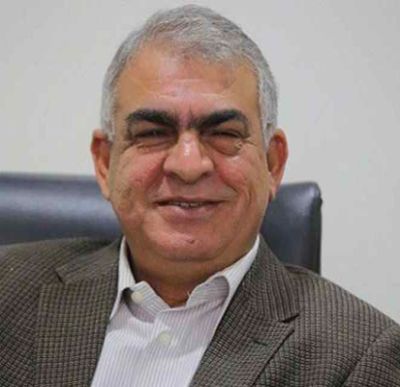The term "debt service" refers to the interest paid on the principal of a debt. Public debt service has risen from JD1.703 billion, following the revised estimate for the current year, to approximately JD1.98 billion for the coming year, an increase of JD277 million.
There is no doubt that the burden of public debt service, both domestic and external, is significant. However, there is also no doubt that efforts to alleviate this burden are ongoing. This government is moving in this direction and has identified tools to address it.
One such tool is the government’s plan to turn to the Islamic Sukuk market, which has grown significantly locally and globally. Additionally, the profit-sharing system in Sukuk differs to some extent from commercial interest rates or others, such as those set by global interest rate benchmarks or managed by funds and governments.
Another tool is the government's intent to capitalize on the gradual decline in global interest rates by replacing loans obtained at high-interest rates with those at lower rates. In this regard, it is suggested that the government enter negotiations with creditors to convert debt into investments, which would require accelerating the presentation of capital projects and perhaps reviving specific privatization programs.
Data from the Ministry of Finance revealed that the government debt balance at the end of last May, excluding what is held by the Social Security Investment Fund, amounted to JD33.027 billion, or 89.5% of GDP. This figure includes the debts of the National Electric Power Company and the Water Authority, which amount to approximately JD9 billion.
Will we witness a restructuring of the electricity and water debts this year? So far, the debts of electricity and water have been handled somewhat independently, but sooner or later, these debts will have to be integrated into the public debt structure.
The author of these lines does not downplay the risk of indebtedness but also does not view it as a cause for panic, contrary to the exaggerated alarm raised by many voices. No country in the world, including the United States, is free from debt—sometimes exceeding their GDP, as in the case of Japan. What is crucial is controlling the burden of debt servicing and wisely using borrowed funds for developmental projects that transform into valuable, growing assets, as in the case of Queen Alia International Airport.
Jordan has issued Sukuk worth JD1.789 billion since 2016. The total value of Islamic financial assets worldwide amounts to approximately $4.5 trillion, including about $3.25 trillion in Islamic banking.
Moreover, a significant number of savers are turning to Islamic banks, while others who deposit their savings in commercial banks refuse to accept any returns on them. Ultimately, boosting economic growth remains the most important factor in alleviating the debt burden.
